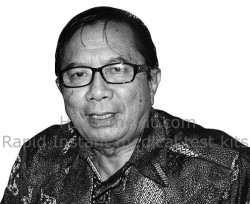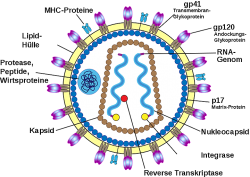
Indonesia’s National AIDS Control Commission says 75 per cent of people known to be living with HIV in Bali are heterosexuals and aged between 20 and 29-years-old. According to Indonesian government’s newswire, Antara, there are a known 3,832 people infected by HIV (Human Immunodeficiency Virus) and 3,459 known cases of AIDS (Acquired Immune Deficiency Syndrome). Quoting Indonesia’s AIDs Control Commission coordinator Professor Nyoman Mangku Karmaya, Antara reports that HIV infection in Bali though heterosexual encounters the next highest risk group of HIV infection in Bali is intravenous drug users at 11.08 per cent, followed by homosexual HIV transmission in Bali at 4.16 per cent, with almost 10 per cent of Bali HIV infections attributed to other causes. Antara quotes Professor … Continue reading







